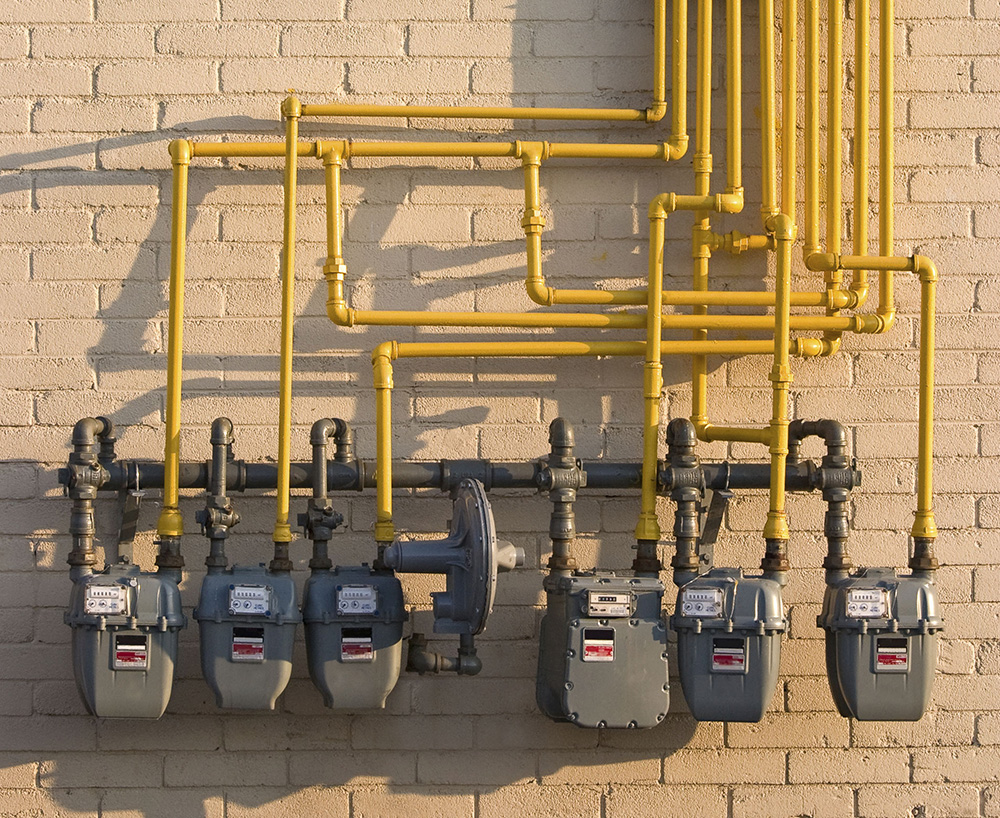Natural gas
Distribution
-
Secretariat’s actions
-
Supporting
The Energy Community Secretariat provides targeted support to distribution system operators (DSOs) through the DSO-g platform—its key mechanism for promoting effective implementation of gas acquis provisions at the distribution level. Established in 2016, it enables knowledge exchange, peer learning, and alignment with EU best practices, helping DSOs navigate operational, regulatory, and decarbonisation challenges.
The DSO-g platform operates through a combination of physical meetings, webinars, and an online discussion forum. Closed physical meetings, held once or twice a year at the Secretariat or in host countries, allow DSOs to address practical issues specific to their national context. Webinars cover technical topics such as gas quality, metering, decarbonisation, and new technologies, often in collaboration with EU partners. The online discussion forum provides a shared digital space for documentation, expert dialogue, and continued engagement between events.
Participation is DSO-led, with representatives from all Contracting Parties as core members. Regulators and ministries join when agenda topics require their input. Webinars are open to a broader stakeholder audience, while access to the online forum is by registration to ensure focused, expert engagement.
With its support, the Secretariat focuses on key areas:
- ensuring compliance with unbundling and independence rules,
- promoting transparent and efficient network operation,
- supporting harmonisation of technical standards, and,
- helping DSOs prepare for decarbonisation and the integration of renewable gases.
-
Monitoring
The Secretariat monitors the Directive’s implementation in the distribution sector through its regular activities and presents the results of its assessment in its Annual Implementation Report.
-
Supporting
-
Timeline and tasks
Timeline
 Oct 2011
Oct 2011Directive 2009/73/EC and Regulation 715/2009 adopted by the Energy Community.
 Jan 2015
Jan 2015General implementation deadline Directive 2009/73/EC.
-
Tasks
Authority Responsibilities Contracting Parties -
Designate DSOs (Art. 24)
-
Transpose and implement Directive 2009/73/EC into national law
-
Decide on exemptions (e.g. for small DSOs under 100,000 customers – Art. 26(4))
-
Notify the Secretariat of such decisions
Distribution System Operators (DSOs) -
Operate, maintain, and develop gas distribution networks (Art. 25);
-
Ensure efficient, secure, and environmentally responsible gas delivery;
-
Provide fair access to users and system information;
-
Maintain legal/operational independence if unbundling applies (Art. 26);
-
Protect commercially sensitive information (Art. 27);
-
Report on compliance and internal measures.
National Regulatory Authority -
Certify compliance with unbundling and transparency obligations
-
Review and approve DSO compliance programmes
-
Monitor DSO performance, including annual reporting
-
Enforce rules and impose penalties if needed
-
Ensure fair access and tariff methodologies
Secretariat -
Monitors Contracting Parties’ compliance with the acquis
-
Supports implementation through guidance, benchmarking, and reporting
-
May initiate dispute resolution or enforcement procedures
-
-
Tasks
-
Legal basis and purpose
Legal basis and purpose
Distribution System Operators (DSOs) are essential to ensuring that gas is delivered safely, efficiently, and fairly across national networks. Under the Energy Community’s adopted and adapted EU rules—specifically Articles 24 to 27 of Directive 2009/73/EC—, the Contracting Parties agreed on:
-
Designation: Each Contracting Party must designate a DSO or require companies owning distribution systems to do so.
-
Core Duties: DSOs must operate, maintain, and improve gas networks to meet demand, ensure safety, and promote efficiency and environmental care.
-
Unbundling: DSOs must be independent from gas suppliers or producers—legally, organizationally, and in how they make decisions. They must report on compliance unless they serve fewer than 100,000 customers—in case the Contracting Party allows for such exemption.
-
Confidentiality: DSOs must protect sensitive business information and ensure fair treatment of all market participants.
-

